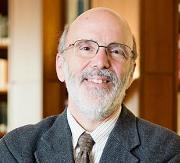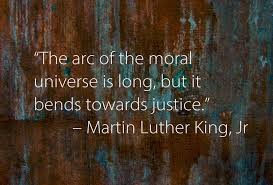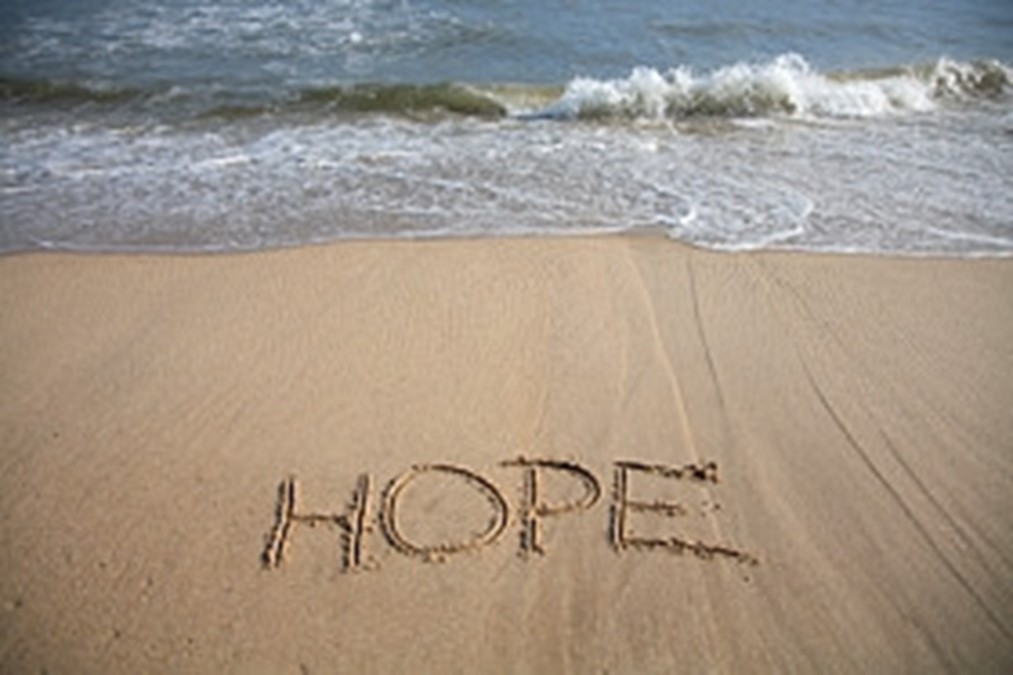Our Better Angels
 In the aftermath of the events of January 6, 2021, John Ragosta looks at our nation’s violent history and offers hope. Ragosta is a fellow at Virginia Humanities, author of Religious Freedom: Jefferson’s Legacy, America’s Creed, and lead faculty for Lifetime Learning‘s Summer Jefferson Symposium at the University of Virginia.
In the aftermath of the events of January 6, 2021, John Ragosta looks at our nation’s violent history and offers hope. Ragosta is a fellow at Virginia Humanities, author of Religious Freedom: Jefferson’s Legacy, America’s Creed, and lead faculty for Lifetime Learning‘s Summer Jefferson Symposium at the University of Virginia.
We welcome your comments below.
OUR BETTER ANGELS
In the wake of last week’s violent insurrection against Congress (and the Constitution), President-elect Joe Biden insisted that “this is not who we are.”
Biden’s statement has been met with a backlash from pundits and academics that political, racist, and electoral violence does represent America’s history. Electoral violence and racism represent “everything America is, and has always been,” according to the video op-ed in the New York Times: “Stop Pretending ‘This is Not Who We Are.'” Others have joined in that chorus.
Biden is right, and it is important for us to realize why, as well as the limits to that belief.
Undoubtedly the United States has a history that is replete with racism and violence. That violence has been used far too frequently to support political aims. The Civil War, when hundreds of thousands of Americans lost their lives, and the country was devastated by a war intended to protect slavery, was started by those who refused to accept the results of Lincoln’s electoral victory. Jim Crowe stood on political violence; it was essential that the right to vote be suppressed for such racism to succeed.
Our history of violence and racism must be actively investigated, confronted, understood, and taught so that we can hope to move beyond it and do better.

At the same time, we also have a history of appealing at times to our better angels (to use Lincoln’s words), and there is a long American history of fighting to bend the arc of the moral universe toward justice (to use King’s words). That fight has not always been successful. Too often, our steps forward have been slowed, misdirected, pushed back by racism, sexism, homophobia, xenophobia…, but the march forward continues. The struggle continues, and progress is made.
In the midst of this political and electoral turmoil fed by those who deny and seek to undermine reality with fantasies of electoral fraud – claims often simply invented, fully investigated and answered by state officials (many of them Republican), and fully litigated and properly dismissed in scores of courts across the land – I have been reading His Truth is Marching On by Jon Meacham, and I am reminded of John Lewis’ struggle for civil rights. The fight was long and brutal. Segregation was reinforced by laws on zoning and school placements and budgets, and the consequences for Black Americans in terms of educational opportunity and wealth accumulation continue to be devastating. Still, Lewis was quick to respond when people denied our march forward. “When people tell me, ‘Nothing has changed,'” he said, “I just feel like saying ‘Come and walk in my shoes. I will show you.'”
Lewis’ story is an uplifting journey by a man who, dedicated to his fellow man, helped to bend that arc toward moral justice. We need to choose Lewis’ message, not that of the violent insurrectionists who attempted a coup last week in Washington and have vowed to come back. I was heartened, then, by the words of Ralph Warnock, Georgia’s new senator, who on Sunday challenged us: “The question this day is, will you stand on the side of righteousness, justice, and truth, or will you give in to the ugly demons of our nature?”
That is a choice that Americans must make. But we also need to embrace Lewis’ belief that we are marching forward. Or, as Senator Warnock heartfully reminded us all, in “America, the 82-year-old hands that used to pick somebody else’s cotton went to the polls and picked her youngest son to be a United States senator.”
The reality of an ugly history should be taught, but it should never hide two important elements: First, this nation was found on principles, and those principles are worth embracing and celebrating, including equality, justice, opportunity, democracy. While the Founders, like us, so often failed to live up to the principles that they articulated (woefully so in the case of racial slavery), the principles survive as beacons nonetheless. Second, the slow and painful struggle to live and implement those principles – often attacked, often suppressed, often beaten back – continues to move slowly forward.
President-elect Biden said “this is not who we are.”
We can certainly agree that it is not who we want to be.
 But it is also not who we have so often been. It is not who we are when we bend that arc of the moral universe toward justice. The fight continues. There is much to do. But, as Lewis admonished, “[d]o not get lost in a sea of despair. Be hopeful, be optimistic. Our struggle is not the struggle of a day, a week, a month or a year, it is the struggle of a lifetime.”
But it is also not who we have so often been. It is not who we are when we bend that arc of the moral universe toward justice. The fight continues. There is much to do. But, as Lewis admonished, “[d]o not get lost in a sea of despair. Be hopeful, be optimistic. Our struggle is not the struggle of a day, a week, a month or a year, it is the struggle of a lifetime.”
We have accomplished much and have hope of accomplishing far more. History demands it.
- Guastavino Tile at the University of Virginia
- Abraham Lincoln on Character, Leadership and Education
- Silence is Golden: Celebrating the History of Silent Films
- UVA Northern Virginia Programs Fair
- UVA Club of Los Angeles: Influential Communication
- UVA Club of Richmond: UVA vs VCU Baseball Pre-Game Gathering